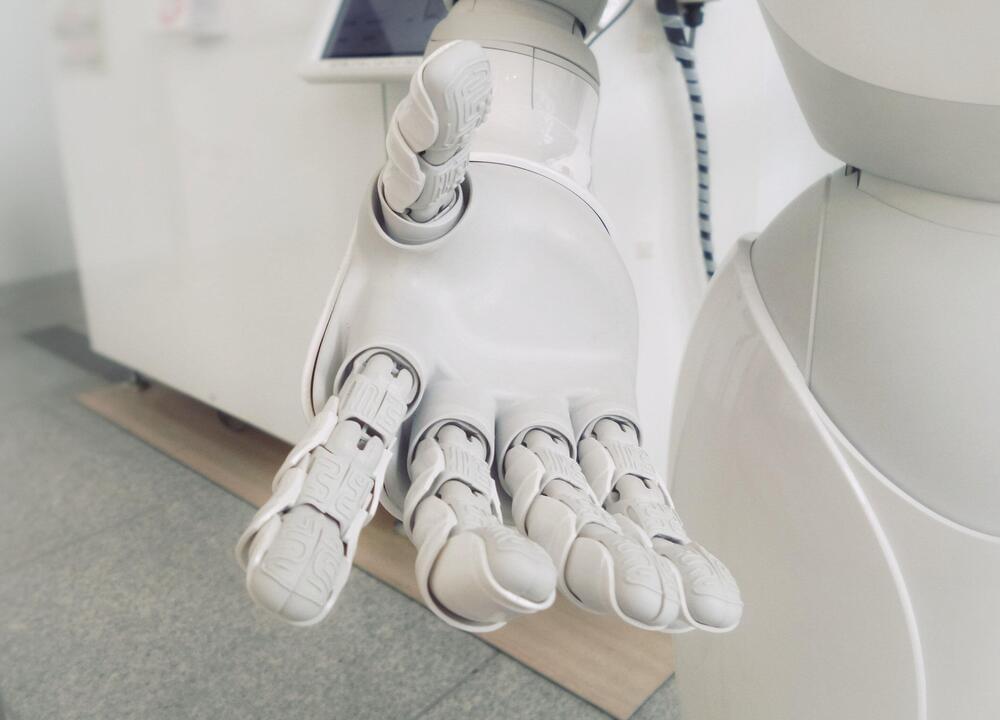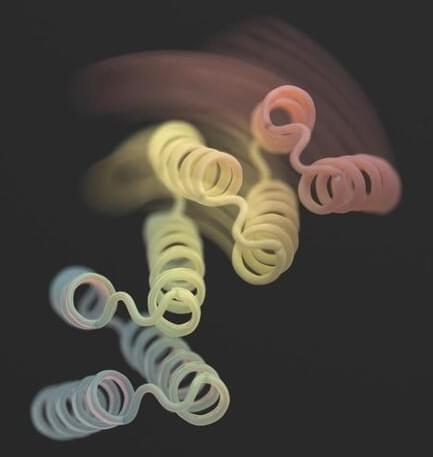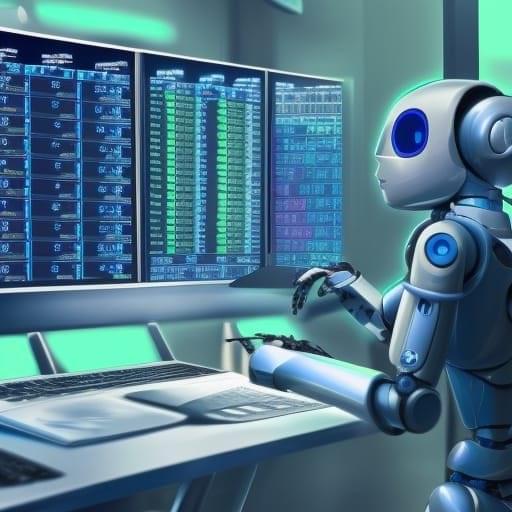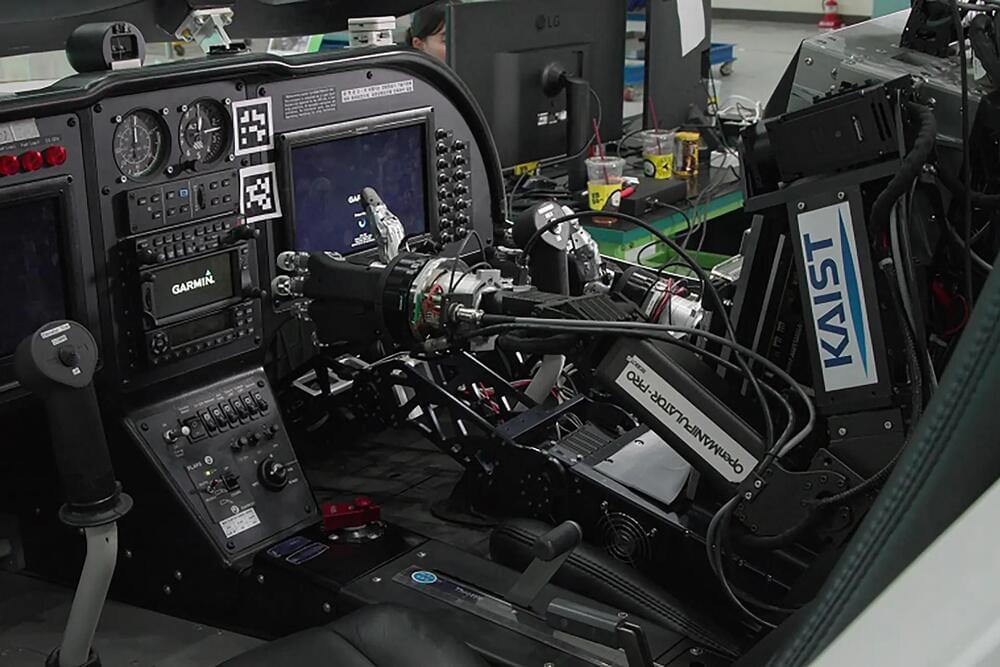Most adult humans are innately able to pick up objects in their environment and hold them in ways that facilitate their use. For instance, when picking up a cooking utensil, they would normally grab it from the side that will not be placed inside the cooking pot or pan.
Robots, on the other hand, need to be trained on how to best pick up and hold objects while completing different tasks. This is often a tricky process, given that the robot might also come across objects that it never encountered before.
The University of Bonn’s Autonomous Intelligent Systems (AIS) research group recently developed a new learning pipeline to improve a robotic arm’s ability to manipulate objects in ways that better support their practical use. Their approach, introduced in a paper published on the pre-print server arXiv, could contribute to the development of robotic assistants that can tackle manual tasks more effectively.





